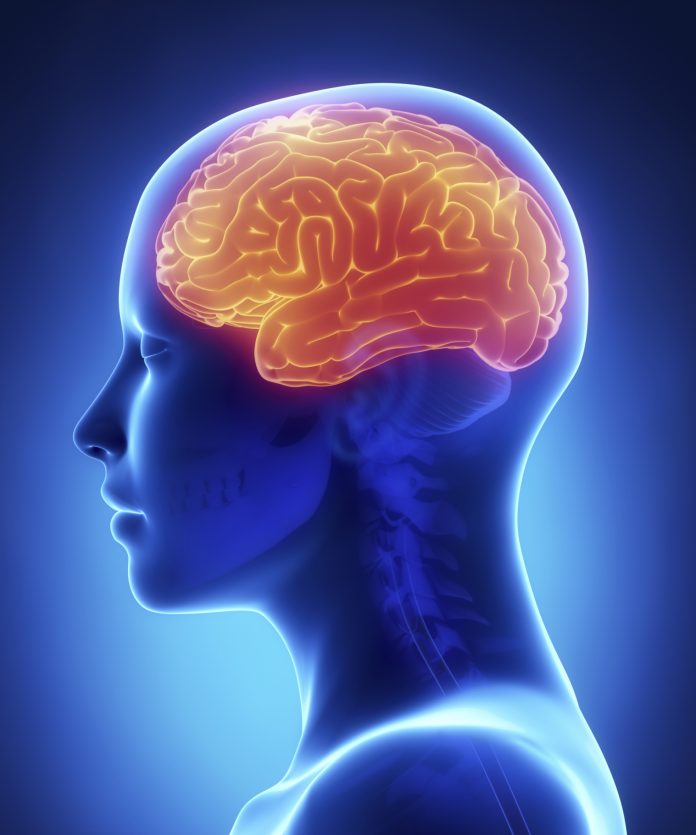UCLA’s Department of Neurosurgery’s program in Memory Restoration has been given $15 million by the Defense Advanced Research Projects Agency (DARPA) for a four-year project to create, surgically implant and test a memory prosthesis in the brain to help restore lost memory functions.
The grant will allow a UCLA team of experts in various fields, such as neurosurgery, engineering, neurobiology, psychology and physics to work on the project, which hopes to support the memory by stimulating the entorhinal area of the brain, an area that plays a major part in learning, memory and Alzheimer’s disease. The region is the entrance of the hippocampus, which helps form and store memories.
“Losing our ability to remember past events and form new memories is one of the most dreaded afflictions of the human condition,” says Dr. Itzhak Fried, the lead investigator for the UCLA project. “The entorhinal cortex is the golden gate to the brain’s memory mainframe. Every visual and sensory experience that we eventually commit to memory funnels through that doorway to the hippocampus. Our brain cells send signals through this hub in order to form memories that we can later consciously recall.”
The implanted neural device will be developed through a separate grant of $2.5 million from DARPA by the Lawrence Livermore National Laboratory and Stanford University Engineers, as well as UCLA Henry Samueli School of Engineering and Applied Science researchers, led by Dejan Markovic.









